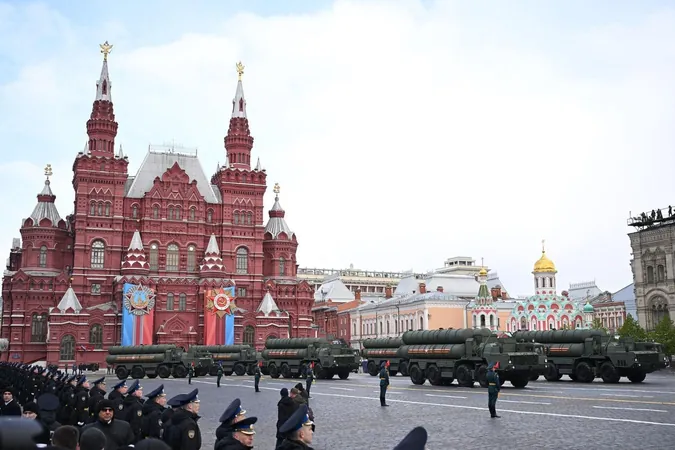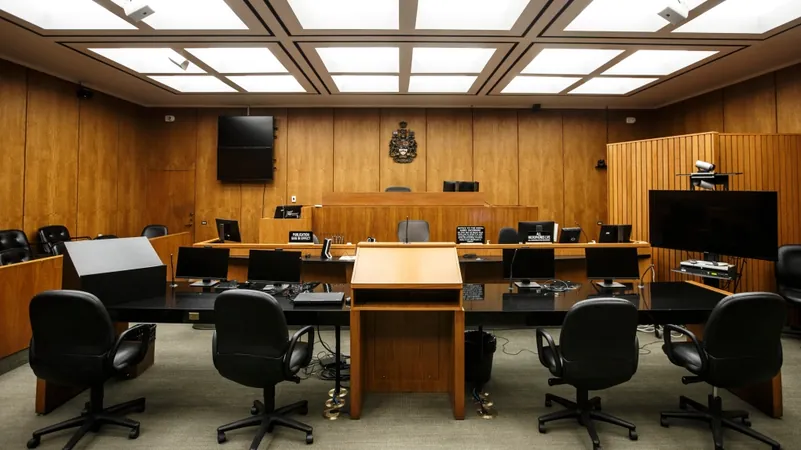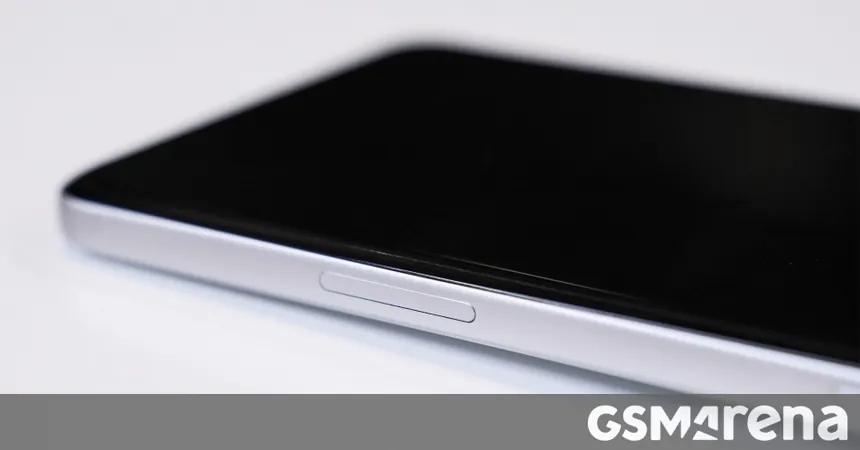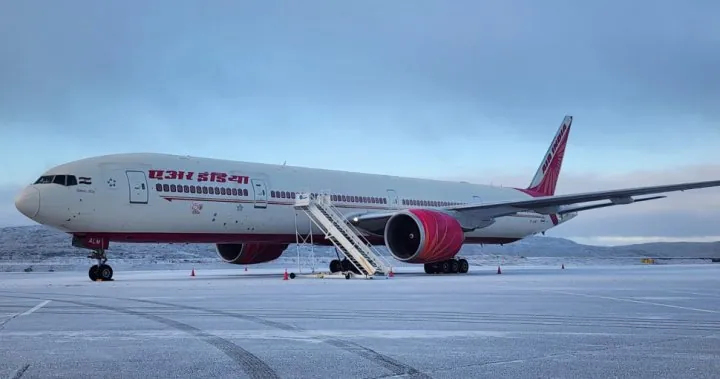
The Looming Threat of Russian Missile Tests: A Call to Protect Human Spaceflight
2024-10-14
Author: Noah
The International Space Community Unites
In a critical gathering in Milan, space agency leaders from across the globe are uniting to address urgent concerns regarding the safety of astronauts and the future of human spaceflight amid increasing threats from Russia. This meeting comes two years after major space nations severed ties with Roscosmos due to Russia's military aggression in Ukraine, raising alarms about the implications for activities in low Earth orbit (LEO).
Escalation of Tensions
Recently, the situation escalated when Russia launched a hit-to-kill anti-satellite missile. The debris created by this test forced astronauts aboard the International Space Station (ISS) to seek refuge in their escape capsules, highlighting the immediate dangers of space debris and militarization of outer space. Russian officials have gone as far as to threaten to target Western spacecraft aiding Ukraine, which, if enacted, could plunge the world into a new era of space warfare.
Warnings from Experts
Darren McKnight, a Senior Technical Fellow at LeoLabs, warns that new Russian anti-satellite (ASAT) launches could severely complicate the space environment. As SpaceX satellites beam essential internet connectivity to Ukraine, any hostile actions might lead to catastrophic collisions in orbit, creating hazardous debris fields orbiting Earth at speeds of 17,500 mph.
International Astronautical Congress
The multinational summit, known as the International Astronautical Congress, has drawn leaders from space agencies in Europe, Japan, the USA, the UK, and India. The primary agenda focuses on creating strategies to safeguard human spaceflight and address the debris from various space missions, particularly in light of the potential fallout from Russian aggressiveness in space.
Long-term Risks of Space Debris
In an alarming prediction, McKnight noted that the debris from Russia’s missile tests could pose threats for decades, potentially affecting numerous satellite constellations. LeoLabs tracks nearly 25,000 objects in orbit and issues alerts to spacecraft operators regarding collision risks, yet the problem of managing space debris is far from simple.
Growing Concerns over Discarded Rockets
Particularly concerning is the growing number of discarded rockets in orbit. McKnight's forthcoming study reveals that the world's leading space powers—namely the United States, Russia, and China—have abandoned a large number of these dangerous remnants. With Russia leading in both count and mass of space debris at altitudes above 615 km, the risk of collisions leading to further debris generation is skyrocketing.
The Accumulation of Debris
Every incident in LEO adds to a troubling accumulation of debris. A collision between two derelict rockets, for example, could release fragments that endanger both operational satellites and upcoming missions to Mars and the Moon. Experts emphasize the urgency of addressing these risks, with calls for a global treaty banning ASAT tests in light of the rising militarization of space.
Geopolitical Dynamics and Space Diplomacy
Moreover, even as international discussions prevail, geopolitical tensions remain palpable. Russia's disregard for calls to halt ASAT tests—met with strong support from over 150 nations in the United Nations—underscores the need for proactive measures in space diplomacy and disaster prevention.
The Urgency for Collective Action
With humanity's plans to explore deeper into space hanging by a thread, the time to act is critical. The global space community is urged to take collective action to minimize the threats posed by rogue rockets and the proliferation of hazardous debris in Earth's orbit, ensuring a safe and prosperous future for space exploration. The clock is ticking, and the stakes could not be higher. Will international cooperation prevail, or are we barreling toward a dangerous future in the cosmos?









 Brasil (PT)
Brasil (PT)
 Canada (EN)
Canada (EN)
 Chile (ES)
Chile (ES)
 España (ES)
España (ES)
 France (FR)
France (FR)
 Hong Kong (EN)
Hong Kong (EN)
 Italia (IT)
Italia (IT)
 日本 (JA)
日本 (JA)
 Magyarország (HU)
Magyarország (HU)
 Norge (NO)
Norge (NO)
 Polska (PL)
Polska (PL)
 Schweiz (DE)
Schweiz (DE)
 Singapore (EN)
Singapore (EN)
 Sverige (SV)
Sverige (SV)
 Suomi (FI)
Suomi (FI)
 Türkiye (TR)
Türkiye (TR)